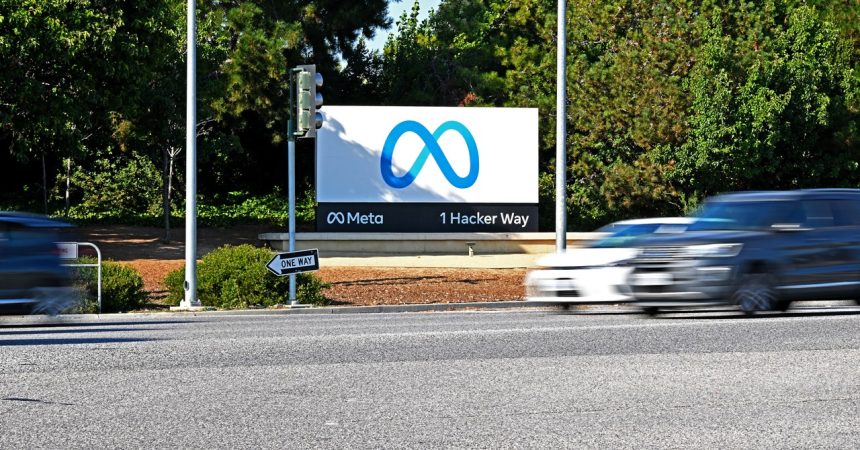Meta’s recent strategic shifts, including relocating teams to Texas, revising content moderation policies, and restructuring internal programs, have sparked significant internal and external controversy. While the company frames these changes as necessary adjustments for operational efficiency and broader inclusivity, critics argue they represent a capitulation to political pressures and a detrimental rollback of protections for marginalized groups. The confluence of these decisions raises questions about Meta’s future direction and its commitment to diversity, equity, and responsible content governance.
The relocation of teams to Texas, ostensibly presented as a solution to perceived negative perceptions of California, has been met with skepticism and frustration among employees. Many view the move as a symbolic gesture designed to appease conservative critics, particularly in light of ongoing litigation with former President Trump over his account suspension. The timing of the relocation coincides with planned workforce reductions and a shift away from diversity-focused hiring targets, further fueling employee concerns that Meta is prioritizing political appeasement over the well-being and diversity of its workforce. The lack of clarity regarding the actual impact of the relocation on employee viewpoints and company culture adds to the uncertainty surrounding this decision.
The revisions to Meta’s content moderation policies, characterized by a relaxation of restrictions on hateful conduct and a reduced reliance on fact-checking, have drawn sharp criticism from civil rights groups. These changes, defended by Meta as promoting a wider range of perspectives, are seen by critics as enabling the spread of misogyny, bigotry, and misinformation. The example given by an executive, suggesting that calling men lazy on Facebook would now be permissible, highlights the potential for these policy changes to create a more hostile online environment, particularly for vulnerable groups. The concern is that this more permissive approach will disproportionately impact marginalized communities, potentially driving them off Meta’s platforms and silencing dissenting voices.
The dismantling of Meta’s diversity, equity, and inclusion (DEI) program and the uncertainty surrounding the future tracking of employee demographics raise further concerns about the company’s commitment to diversity. While individual managers have expressed their intention to continue prioritizing diverse hiring practices, the absence of a formal program and clear company-wide targets creates ambiguity and raises doubts about the long-term impact on workforce representation. The decision to discontinue the DEI program comes amidst broader societal debates about the role and effectiveness of such initiatives, and Meta’s move has been interpreted by some as a retreat from these efforts.
The combined effect of these changes paints a complex picture of Meta’s evolving strategy. While the company maintains that these decisions are driven by a desire for greater efficiency, inclusivity, and a broader spectrum of viewpoints, critics argue they represent a dangerous backslide in terms of content moderation and a weakening of commitments to diversity and equity. The potential consequences of these changes, including increased online harassment, the spread of misinformation, and a less diverse workforce, are significant and warrant careful consideration.
The broader context of these decisions, including ongoing political pressures and societal debates about free speech and online content moderation, further complicates the situation. Meta’s actions reflect the challenges faced by social media platforms in balancing the need for open expression with the responsibility to protect users from harm. The company’s choices will undoubtedly have far-reaching implications for the online landscape and the experiences of its users, particularly those from marginalized communities. The future will reveal whether these changes truly represent a positive step towards a more inclusive and diverse online environment or a regression towards a more hostile and less representative digital space.



